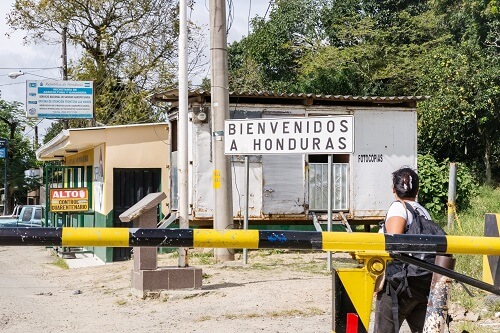- Honduras’ banking regulator, the National Board of Banks and Securities (CNBS), announced an immediate ban on cryptocurrency trading by institutions.
- Reuters reported that banking regulators reached the resolution on Monday and cited fraud and money laundering as reasons.
Honduras’ National Banking and Securities Commission (CNBS) has banned cryptocurrency trading by institutions under its regulatory purview.
The banking regulator announced the move this week, Reuters reported on Friday.
According to the report, CNBS’ resolution took effect immediately. The Central American country cited the use of virtual assets for fraud and money laundering as a major risk and stated the reason for the ban.
In this case, entities supervised by regulators cannot hold, broker, trade or invest in crypto tokens or other unauthorized digital assets.
Cryptocurrency fraud and money laundering
Although we note that there are several cryptocurrency platforms providing services in Honduras, the country does not regulate these companies. Because most of them live in different parts of the world, Honduran law does not control their operations, and there is a risk that such companies will facilitate fraud, money laundering and terrorist financing.
The regulatory watchdog reached a resolution on Monday, February 12, banning all entities under its purview from trading in cryptocurrencies, according to Reuters. However, this move was only made public on February 16th.
The move comes amid a general tightening of cryptocurrency regulations around the world, with governments working with international organizations such as FATF to help streamline laws for the sector.
However, in particular, Honduras’ Prospera Zone for Employment and Economic Development (ZEDE) is officially Bitcoin Recognized As an accounting unit at the beginning of this year. In July 2022, a group consisting of Honduras Blockchain, CoincaX cryptocurrency exchange, and Honduras University of Technology ‘Bitcoin Valley’ unveiled Municipality of Santa Lucia, Honduras.

